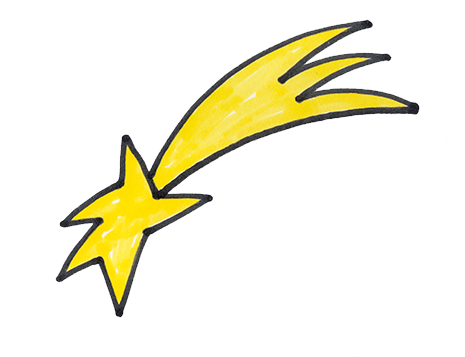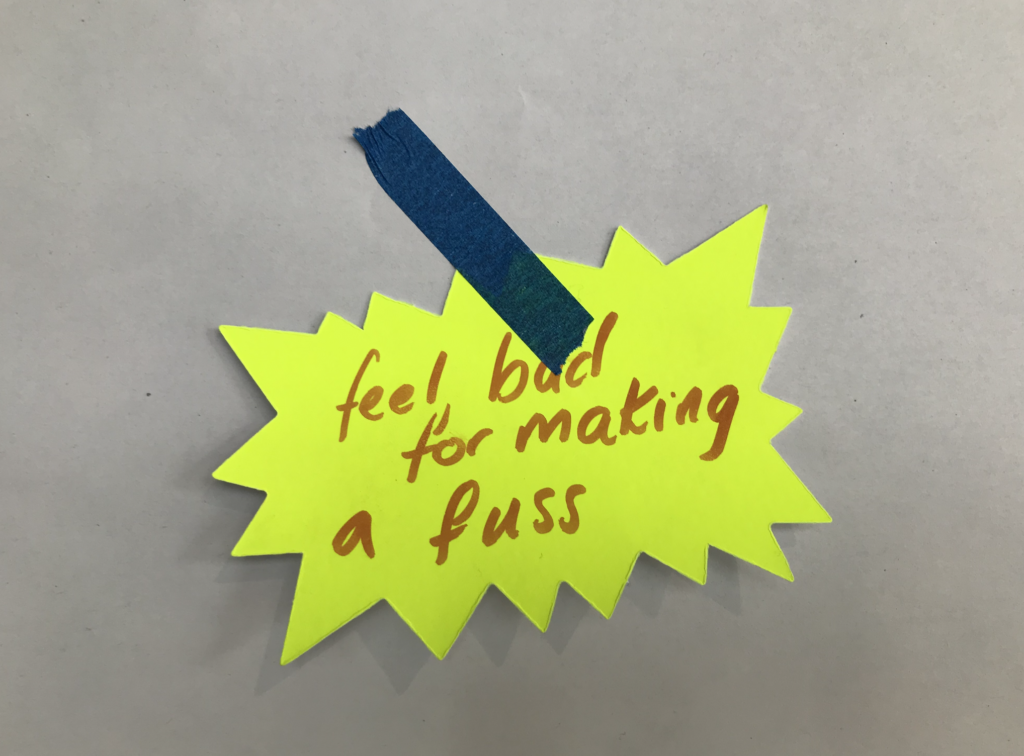

Harriet Rose Morley
𝘛𝘰 𝘈𝘴𝘴𝘶𝘮𝘦 𝘪𝘴 𝘵𝘰 𝘮𝘢𝘬𝘦 𝘢𝘯 𝘈𝘴𝘴 𝘰𝘶𝘵 𝘰𝘧 𝘜, 𝘢𝘯𝘥 𝘔𝘦
An introduction into creating Artist Access Doc’s (Riders) as common practice. Contributing artist Harriet Rose Morley asked: How can we use the tools of the Access docs, riders and codes of conduct for collective care and preservation? Through setting boundaries and stating our needs and expectations when working together, we used radical vulnerability as a tool of support within an ever further exploitive and precarious system.
Harriet introduced the In Session co-contributors to the 𝘛𝘩𝘦 𝘚𝘱𝘰𝘰𝘯 𝘛𝘩𝘦𝘰𝘳𝘺 as metaphor that is used to describe the amount of mental or physical energy a person has available for daily activities and tasks. The theory was developed by Christine Miserandino as a way to express how it felt to have lupus. She used spoons to provide a visual representation of units of energy that a person might have and how chronic illness forces her to plan out her days and actions in advance, so as not to run out of energy, or spoons, before the end of the day. 🥄 Harriet made us dance, feel uncomfortable and sticky, yet held 💓 
Other references included: Mariah Carey’s Rider, Sara Ahmed – Living a feminist Life, Toolkit for Cooperative, Collective, & Collaborative Cultural Work and Mia Mingus – Access Intimacy: The Missing Link


